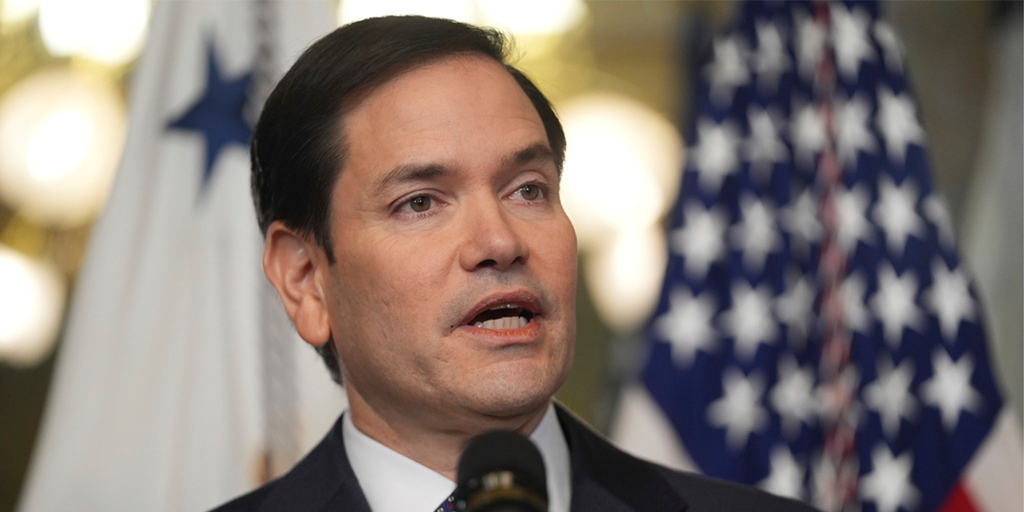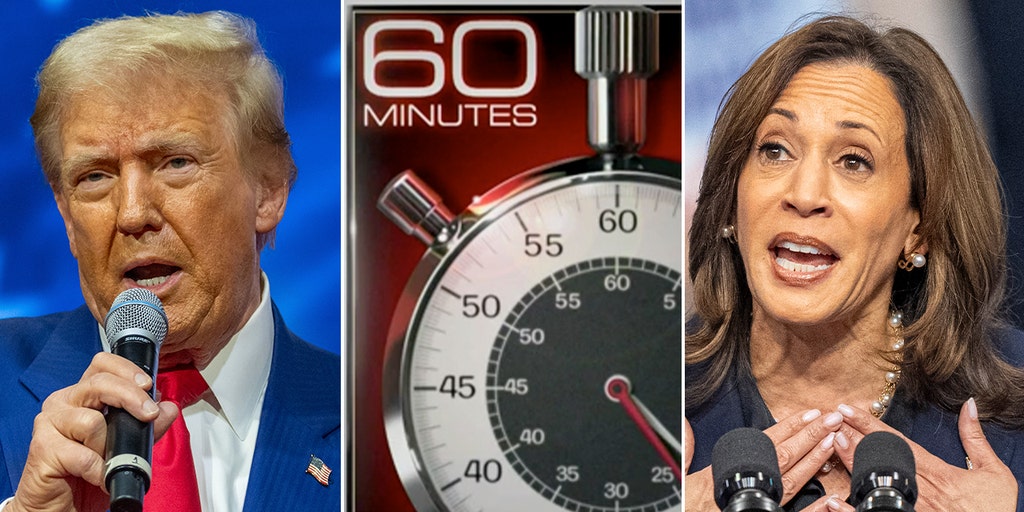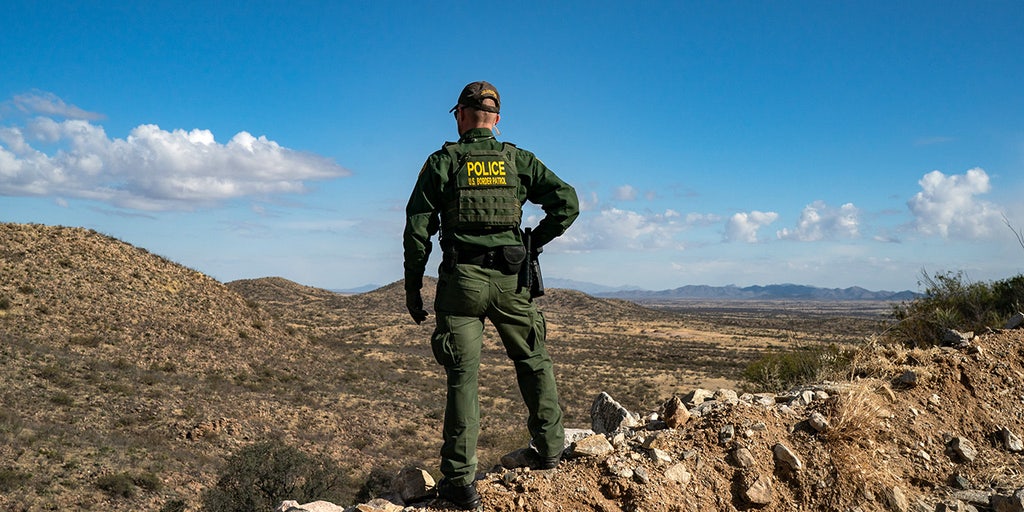Flexport CEO Discusses Challenges of Volatile Global Trade Environment

Flexport CEO Ryan Petersen discusses the challenges businesses face with ever-changing tariffs and supply chain issues amid President Trump's trade policies. He highlights potential impacts on trade costs and logistics planning.
During a Monday interview with CNBC's Jim Cramer, Flexport CEO Ryan Petersen discussed the difficulties businesses face in navigating a constantly changing supply chain. He noted that it is complicated for companies to prepare for government actions and plan their logistics in a dynamic environment.
Petersen highlighted that the escalating tariffs announced by President Donald Trump for major trading partners, including China, Canada, and Mexico, add further complexity to the situation. He mentioned that they have witnessed an expectation among customers to import more goods due to fears of increasing duties.
Petersen remarked on the unprecedented timeline for these tariff changes, recalling that, during Trump's first administration, there was typically a month's notice before tariffs took effect. The recent announcement to pause tariff hikes on Mexico and Canada came as no surprise to him.
He also referred to the roll back of the "de minimis" trade exemption as a significant shift, affecting how many companies, including Chinese e-commerce giants like Temu and Shein, manage their import strategies.
Furthermore, Petersen pointed out potential impacts on trade costs, such as decreased air freight prices if major e-commerce companies reduce their shipping volume. He mentioned that improving trade conditions in the Red Sea, possibly influenced by the Trump administration, might also lead to lower ocean freight prices.
Overall, Petersen concluded that operating under current global trade conditions is complex and requires businesses to adapt continually.




















